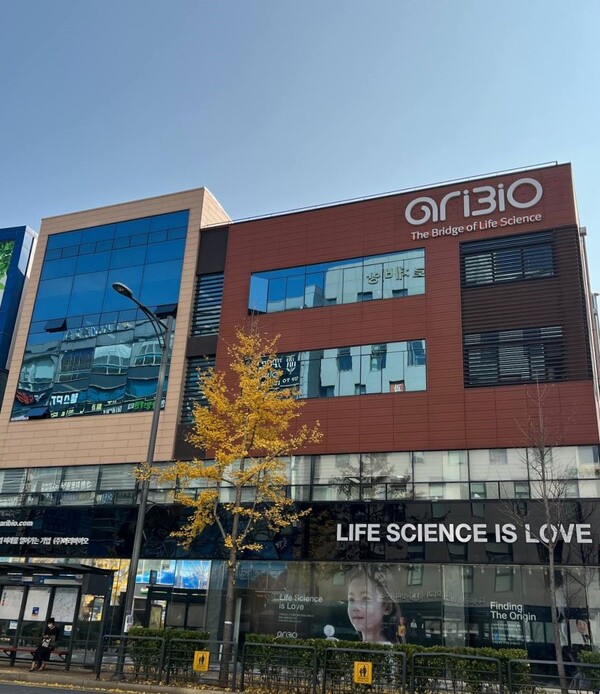AriBio said it has formed a partnership with U.S.-based biotech firm Restari to co-develop novel drugs targeting kidney and liver diseases using phosphodiesterase 5 (PDE5) inhibitor technology.

The two companies plan to combine their drug development capabilities to create treatments for cystic kidney diseases, including polycystic kidney disease (PKD), and chronic liver diseases, with the goal of global commercialization. AriBio and Restari have already signed a letter of intent for the collaboration and expect to finalize a definitive agreement soon.
AriBio is currently conducting a global phase 3 clinical trial of AR1001, an oral PDE5 inhibitor being developed as a treatment for Alzheimer’s disease. Restari, meanwhile, has secured research data indicating that PDE5 inhibitors could be effective in treating cystic kidney diseases.
The findings stem from collaborative studies with Dr. Robert Bacallao, professor emeritus at Indiana University and a fellow of both the American College of Physicians and the American Society of Nephrology.
“We have expanded our pipeline beyond AR1001 by uncovering new therapeutic potential for PDE5 inhibitors,” AriBio CEO Jung Jae-joon said. “If successful, the new drug development program could generate up to 1.2 trillion won ($880 million) in revenue.”
Related articles
- AriBio to present clinical updates on dementia drug AR1005 at MDS Congress in Philadelphia
- AriBio selected for Korea-US R&D project with AR1001 Alzheimer's drug
- AriBio wins nod for phase 3 study of AR1001 in 11 countries
- ‘Early detection of ANCA-associated vasculitis can stop dialysis and prevent lifelong treatment’
- AriBio licenses Alzheimer’s pill to Arcera in $600 mil. deal as merger partner Solux surges
- AriBio taps Fosun Pharma to launch oral Alzheimer’s drug in Greater China

